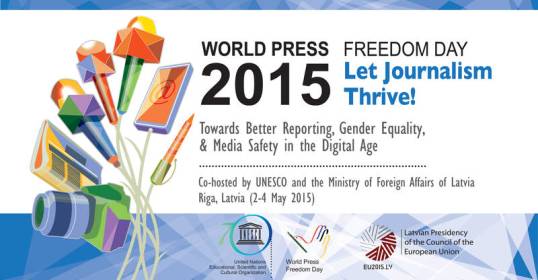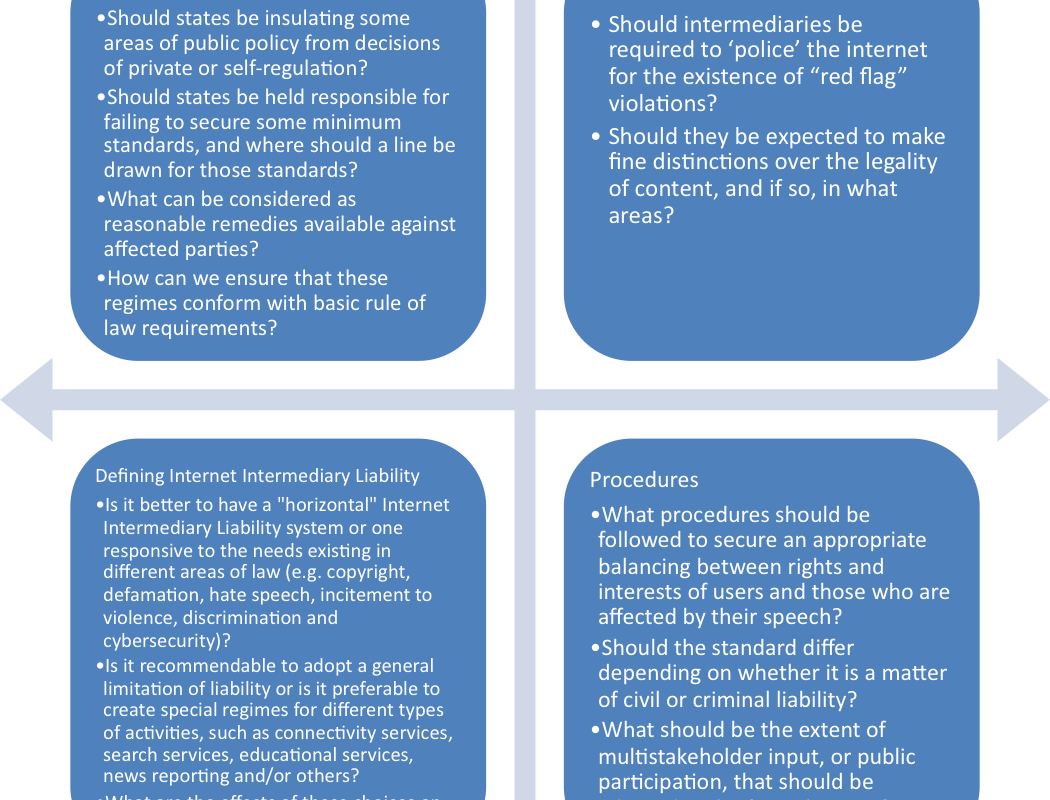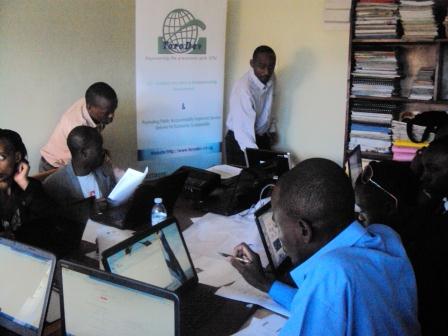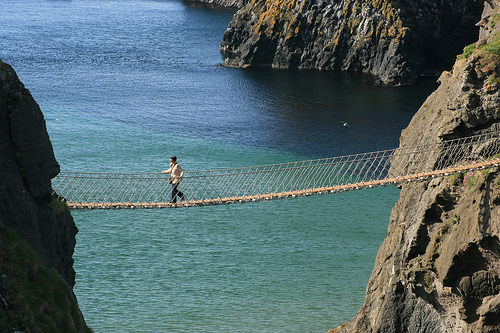UNESCO |
Every year, 3 May is a date which celebrates the fundamental principles of press freedom; to evaluate press freedom around the world, to defend the media from attacks on their independence and to pay tribute to journalists who have lost their lives in the exercise of their profession.
Over 100 national celebrations take place each year to commemorate this Day. UNESCO leads the worldwide celebration by identifying the global thematic and organizing the main event in different parts of world every year.
The international day was proclaimed by the UN General Assembly in 1993 following a Recommendation adopted at the 26th Session of UNESCO’s General Conference in 1991. This in turn was a response to a call by African journalists who in 1991 produced the landmark Windhoek Declaration on media pluralism and independence.
To mark the 2015 World Press Freedom day, UNESCO will lead the global celebration with a main event under the theme “Let Journalism Thrive! Towards Better Reporting, Gender Equality, and Media Safety in the Digital Age”. The event is co-organized by UNESCO and the Government of Latvia, and will take place from 2-4 May 2015 in Riga, Latvia.
The Collaboration on International ICT Policy in East and Southern Africa (CIPESA) will be participating in the event represented by Wairagala Wakabi as one of the speakers in the Plenary 3 Session on “Digital Safety for Journalists” on 4 May 2015. The discussions during this session will be enriched by CIPESA’s experience and expertise, particularly under its OpenNet Africa initiative.
Meanwhile, on May 2, CIPESA will convene journalists in Kampala, Uganda for digital safety training as part of its ongoing online security capacity building efforts for human rights defenders, minority groups, activists and the media in East Africa.
CIPESA's Reflections on the Third Africa Internet Governance Forum, 2014
Towards an African Declaration on Internet Rights
As internet usage continues to grow in Africa, so does the interest by governments to monitor users’ online activities. This has led to a clash between internet rights promoters and governments in some African countries.
On February 12–13, 2014, participants from several African civil society organisations involved in promoting human rights and internet rights convened in Johannesburg, South Africa to draft an African Declaration on Internet Rights and Freedoms. The meeting was organised by the Association for Progressive Communications (APC) and Global Partners Digital in collaboration with the Media Rights Agenda, Media Foundation for West Africa and the Kenya Human Rights Commission.
Many countries justify their tough stance on internet freedom as necessary to fight cybercrime, promote peace and maintain national security. Whereas some of these policies and practices have been adopted by authoritarian regimes to retain power, others were in response to national crisis contexts such as hate speech and terrorism. Ultimately, the measures have often had chilling effects on access to information, freedom of expression, privacy and data protection.
Participants in this meeting called for the promotion of an open, free and accessible internet. Issues identified as the most crucial and still hindering internet growth in Africa that need immediate action were: improving access to internet including the development and promotion of localised multi-lingual content; addressing internet infrastructure obstacles; capacity building for users; and the need to create a balance between freedom of expression and privacy of users.
Others identified were data protection, addressing gender inequalities and gender-based violence against women online, and adopting supportive ICT policies that promote freedom of expression online and equitable access to information.
Due to increased internet freedom violation incidents coupled with regressive policies being made in many countries, the need for a well-defined Internet Intermediary Liability (ILL) regime has also become increasingly apparent. Another meeting held on February 10-11, 2014 organised by the APC with support from Google Africa discussed the responsibility that may be placed on intermediaries in implementing monitoring and control mechanisms laid down by the laws.
At the regional level, there are legal and regulatory frameworks like the Africa Charter on Declaration of Principles on Freedom of Expression in Africa, which provide limited protection for internet rights and the liability of internet intermediaries. It was noted that such frameworks could act as building blocks for individual countries to draw up best practices on ILL regimes.
There was consensus that such existing frameworks should be the basis for adopting a general guide with definitions of terms on Internet intermediary liability. This guide would act as central referencing document on which individual countries would base their national IIL regimes.
During the discussions, participants charted their thoughts on a best practice guide for an IIL regime for Africa by asking the below questions:

While responding to these questions, participants recognised that intermediaries can play a crucial role in promoting Internet freedoms in Africa.
Meanwhile, the meeting also reviewed recent policy and practice developments in Uganda, Kenya, South Africa and Nigeria since the 2011 Intermediary Liability in Africa research. It identified a need to increase awareness among different stakeholder groups of the importance of clear regulatory frameworks for intermediary liability to secure rights on the internet; and for stronger collaboration to advocate for best practice internet intermediary regulatory measures in Africa.
The outcomes of both these meetings will form the basis for the draft civil society Africa Declaration on Internet Rights and Freedoms, which will be launched at the ninth global Internet Governance Forum (IGF) in Istanbul, Turkey September 2-5, 2014. The declaration will be available for public input throughout the period leading up to IGF 2014.
ToroDev trains rural youth and women in online advocacy for improved service delivery
 ToroDev has started training rural women and youth leaders in the seven districts of the Rwenzori Region in using online tools to monitor service delivery. The maiden residential 2 days training involving ten participants was held on 16th – 17th of August, 2012 at ToroDev resource center in Fort Portal, Uganda. The training which is supported by ToroDev in partnership with SPIDER/Stockholm University was facilitated by Milton Aineruhanga from WOUGNET.
ToroDev has started training rural women and youth leaders in the seven districts of the Rwenzori Region in using online tools to monitor service delivery. The maiden residential 2 days training involving ten participants was held on 16th – 17th of August, 2012 at ToroDev resource center in Fort Portal, Uganda. The training which is supported by ToroDev in partnership with SPIDER/Stockholm University was facilitated by Milton Aineruhanga from WOUGNET.
ToroDev will train 210 rural monitors and advocates in online/ Web 2.0 tools to collect, document and disseminate online public accountability for improved serviced delivery issues. They will particularly oriented on how to interact with the “Ushahidi” online platform and other relevant open-source software. The monitors were also trained in online social media tools, human rights, governance and democratic engagement.
The monitors were highly trained to be independent local citizens that will keep updating the community and project team at ToroDev about the status of service delivery and identifying communities own service delivery needs.
They will further go ahead to mobilize and encourage regular meetings and focus group discussions (FGDs) among the 14 Advocacy Forums in the region on issues of service delivery monitoring.
Rural Monitors will also advocate for quality and timely public accountability from local leaders. They will use 11 radio stations in the Rwenzori region as a major tool for distributing/disseminating all the information accessed through online/internet and mobile phones.
This information will be converged on the FM radio stations as a way of sharing information with the rest of grass root citizens in the region, who may not necessarily have the skills and afford town or access internet based knowledge tools. The rural FM radio will be used a hub for the convergence of all ICT tools for effective service delivery monitoring in the Rwenzori Region.
Some of the sample articles posted by the rural monitors on the Ushahidi platform.
http://wougnet.org/ushahidi/reports/view/59
http://wougnet.org/ushahidi/reports/view/66
http://wougnet.org/ushahidi/reports/view/62
http://wougnet.org/ushahidi/reports/view/64
http://wougnet.org/ushahidi/reports/view/56
http://wougnet.org/ushahidi/reports/view/51
Documented by Solomon Akugizibwe
This article was published on August 28, 2012, about the ICT4Democracy in East Africa project, which brings together various partners in the region – among them CIPESA.
For more information, visit www.ict4democracy.org
Bridging Africa’s Internet Trade Deficit: The 2012 Africa Peering and Interconnection Forum
By Dr. Dawit Bekele, The Internet Society
With Africa importing almost 99% of its Internet traffic and with a consumer base of over 139 Million Internet users, the continent is facing what is known as an Internet Traffic Trade deficit or Transit deficit.
While similar to what was experienced in Europe and the United States during the late 1990s, African businesses and end-users also pay the high cost of local infrastructure. For example: Moving information from Johannesburg to London costs less than moving traffic from Johannesburg to Cape Town.
A scenario that not only stops local innovation and impedes economic growth, but it’s one that’s replicated across the entire continent.
But there are solutions.
Bringing people together via a forum for technical training, exchange of information, and networking can do so much.
AfPIF 2012 is this year’s key event for African businesses, policy makers and technical leaders. Taking place in Johannesburg, South Africa from 22-24 August, and organized by the Internet Society, AfPIF will bring together an incredible mix of local technical experts, policy and decision makers, and businesses to be part of the solution to Africa’s interconnection challenges.
Our theme this year is “Regional Interconnection: Addressing Africa’s Internet Transit Deficit.”
The event is structured to help build national and cross-border interconnection opportunities by providing a forum where key players from infrastructure and service providers, IXPs, regulators and policy makers can engage in a relaxed but business-like environment. It’s all about sharing experiences and learning from experts in the field.
AfPIF is designed to:
- Promote the establishment of new, and the growth of existing, Internet Exchange Points (IXPs) through building community co-operation and demonstrating the value of local, regional, and national interconnection.
- Bridge the information asymmetry with respect to Peering and Transit economics. The peering and transit fundamentals enable the development of interconnection relationships and strategies for operators at the local, regional and global levels.
AfPIF’s 2012 Programme and speakers will address specifics such as:
- Peering and Transit Economics
- How to peer and What’s in it for You
- Peering and Negotiation Strategies for Operators and Tools and Tricks of the Trade
- The Role Submarine Cables Could Play in the Interconnection of Africa’s Internet
- Terrestrial Capacity from Cape Town to Cairo: Reality or Illusion
- Exploring the Content Business in AfricaTransition of National IXPs to Regional IXPs and the Local Content Formula
What else does AfPIF do?
It Builds Most Critical Internet Resource Of All: People
AfPIF is a link in a chain of important Internet technical community efforts to strengthen one of the most important critical Internet resources: People.
It is through informed and trained professionals that lasting networks are built. Since 1992, the Internet Society has trained local experts around the world to achieve our goal of an open, accessible, and reliable Internet in emerging economies that is on par with the rest of the world. It is through partnering with stakeholders like – AfriNIC, AfNOG, the African Union, governments, companies – that we bring locally trained experts to support and sustain technical infrastructure around the world.
I would encourage anyone who’s a small or big business, policy or decision maker, local technical expert to come to AfPIF 2012. You can register in person or follow us online (LINK)
By “linking” people together we can find the solutions to an interconnected Africa.





